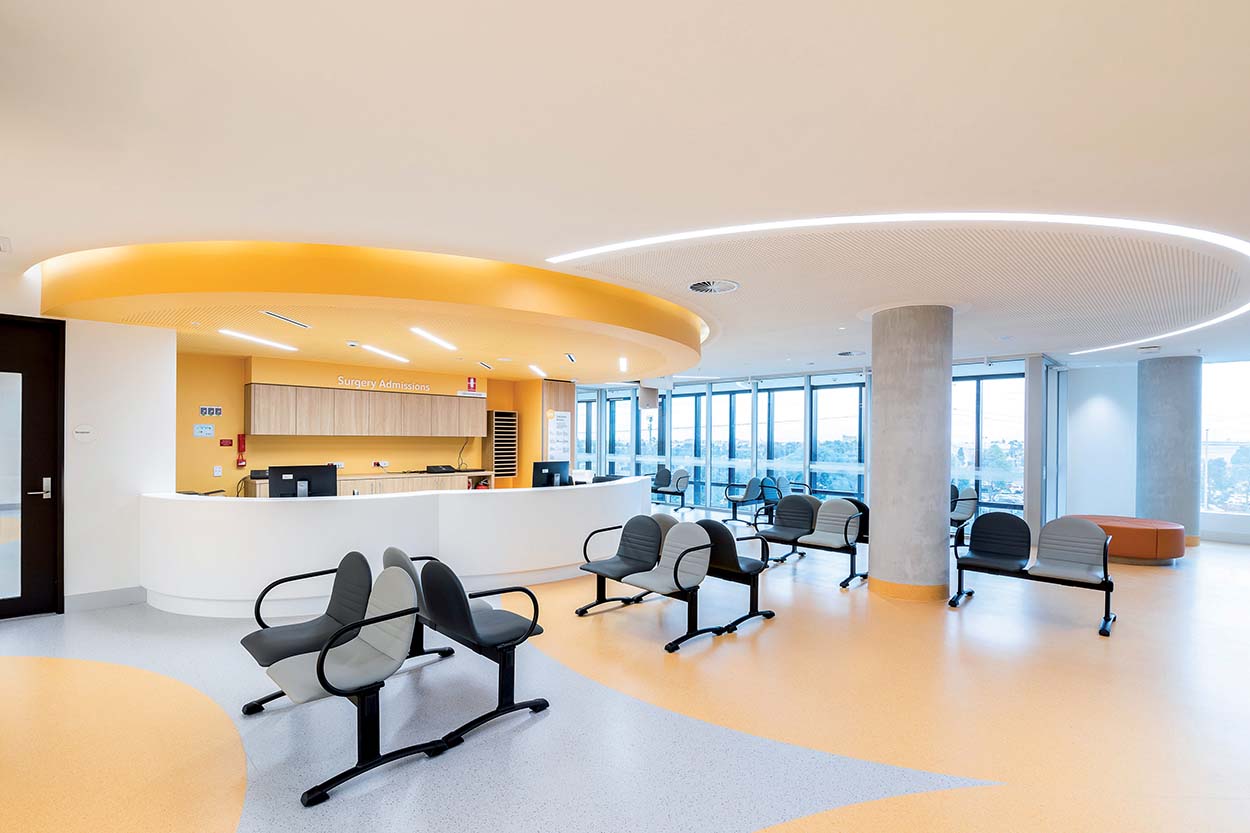
Resilient floorings: revival in the global market
The market is forecast to grow at an average yearly rate of 7.2% until 2028. The industry's global business is worth 38.7 billion us dollars
The market is forecast to grow at an average yearly rate of 7.2% until 2028. The industry's global business is worth 38.7 billion us dollars
According to Grand View Research, the global resilient flooring market size was estimated at 38.7 billion US dollars in 2020 and is expected to expand at a compounded annual growth rate (CAGR) of 7.2% from 2021 to 2028. Increasing investments in the construction sector coupled with rising demand for improvements in aesthetics of the building is anticipated to drive the demand for resilient floorings over the next few years.
The impact of Covid-19
The COVID-19 outburst across the globe has significantly impacted the supply chains as major economies across the globe suspended and delayed the construction projects. Due to this, demand for resilient flooring products has been reduced in residential and non-residential sectors. However, the situation is expected to recover in 2022.
The market is expected to exhibit growth owing to the commercial availability of resilient products, the development of hassle-free installation techniques, and the rising demand for environmentally sustainable materials. Innovations in construction solutions with attributes, such as high durability and low maintenance, are also anticipated to impact the market favourably. Besides, the development of eco-friendly flooring solutions like linoleum, hardwood, and bamboo for the betterment of the environment is expected to fuel industry growth. Also, technological trend such as the production of waterproof floorings like wood plastic composite (WPC) with high aesthetic value is expected to witness high growth over the projected period.
The residential segment is driving the demand
Resilient flooring is majorly used in non-residential sectors on account of numerous benefits associated with this engineered product along with its ability to create unlimited possibilities of designs and styles. Ease of maintenance, sterilization, slip and water resistance associated with resilient flooring are factors expected to promote the applications in hospital wardrooms and clinics for maintaining maximum hygiene levels. Moreover, customized solutions in the design and dimension of the products are expected to increase the penetration of resilient flooring products
Resilient floorings are majorly used in residential buildings, apartments, complexes, and small and single-family houses on account of resistance to slip, shock, stain, and dirt. Moreover, the cushion effect in resilient materials is also contributing to the growing demand.
Growing population coupled with a rise in demand for single-family and multi-family residential spaces in major economies such as India, China, South Africa, Turkey and Middle Eastern economies are projected to ascend the demand for flooring products, including resilient floorings, in the next few years.
The growing popularity of LVT
According to Markets&Markets, the luxury vinyl tiles (LVT) flooring market is projected to grow from 18.0 billion US dollars in 2019 to 31.4 billion US dollars by 2024, recording a CAGR of 11.7% from 2019 to 2024. Its commercial availability coupled with benefits like improved aesthetics, less maintenance, and easy installation are the factors for its growing popularity in residential and commercial flooring applications.
According to Grand View Research, the vinyl sheet and floor tile segment is expected to witness significant growth over the next few years on account of their water-resistant property. Moreover, low maintenance costs and the long lifespan of the products are likely to increase the popularity of the products in residential end-use like laundry rooms, bathrooms, kitchens, and moisture-prone areas.
In comparison to vinyl solutions, linoleum products have better longevity and durability. The increasing importance of waste management and recycling in developed economies including the U.S., U.K., and Germany, is anticipated to increase demand for biodegradable materials for floorings.
According to Fortune Business Insight, the global vinyl flooring market is projected to grow from 32.37 billion US dollars in 2021 to 51.45 billion US dollars in 2028 at a CAGR of 6.8% in forecast period, 2021-2028.
According to Credence Research, rubber floors are one of the most widely used floor coverings in the world, and they can be found in a variety of settings. They are environmentally friendly, perform well in terms of traction, slip resistance, and fire resistance, and are very simple to install and maintain.
The rubber floor tiles had a market value of 2,077.1 million US dollars in 2020, and it is expected to reach 2,851.2 million US dollars by 2027. The market is expected to grow at a CAGR of 4.0% over the forecast period.
Asia Pacific dominates the market
According to Market Research Future, the Asia Pacific area is predicted to have the largest share in the resilient flooring market in the coming years.
In 2019, the Asia Pacific region covered a large market share of about 34% which was followed by both Europe and North American regions.
This position is forecast to be maintained till 2026. The growth rate in the Asia-Pacific market owes to the steady rise in growth of the construction industry in some of the developing countries of China, India, and some of the South Korean areas. In this region demand for resilient flooring is increasing and will occupy a high rate in the upcoming years.
The U.S. resilient flooring market size was valued at 21.04 billion US dollars in 2019 and is expected to grow at a compounded annual growth rate of 6.4% from 2020 to 2027.
According to Grand View Research, the U.K. accounted for a major share in the resilient flooring market in Europe in the last few years, in terms of consumption, owing to the steady growth of its residential and commercial construction sectors.
Increasing construction activities in London coupled with consumer spending on commercial spaces is expected to boost the product demand from the commercial construction industry in the U.K.
Rising consumer awareness regarding the benefits of appropriate flooring and the presence of key manufacturers is projected to have a major impact on the rising penetration of resilient flooring products in South American countries, as well.
Key companies and key technologies
Key industry players are focusing on the development of new flooring products having high aesthetic properties and additional characteristics such as waterproof, indentation resistance, and other improved performance values.
Mapei is able to offer a broad range of products and systems to install any type of resilient floorings ensuring high performances and safety to the installed surfaces as well as a proper preparation of substrates before installation work.









